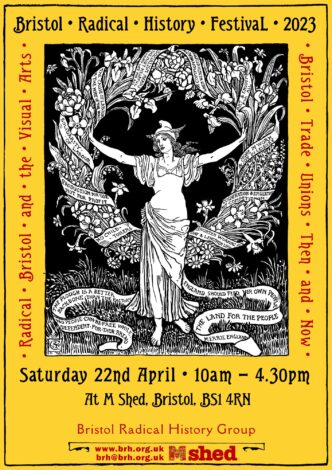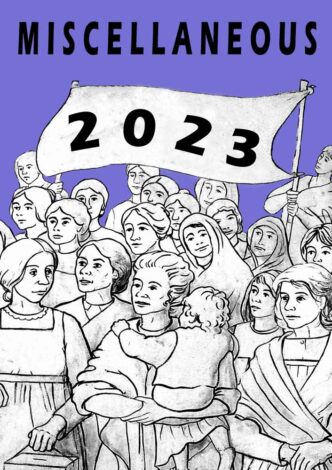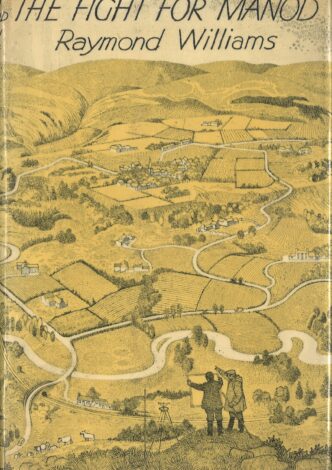‘William Morris’ returns and Alfred Stevens discovered
Art and Labour William Morris (1834-1896) was, and is, one of England’s most famous nineteenth-century socialists. On the 3rd March 1885, the famous Victorian designer came to Bristol to deliver a talk on “Art and Labour,” at the Museum and Art Gallery. Addressed particularly to the workers of the city, the event was sponsored by the Bristol Branch of the Socialist League. His words as an artist and thinker could not have been more relevant at a time when the British Empire was on the ascendent, […]







